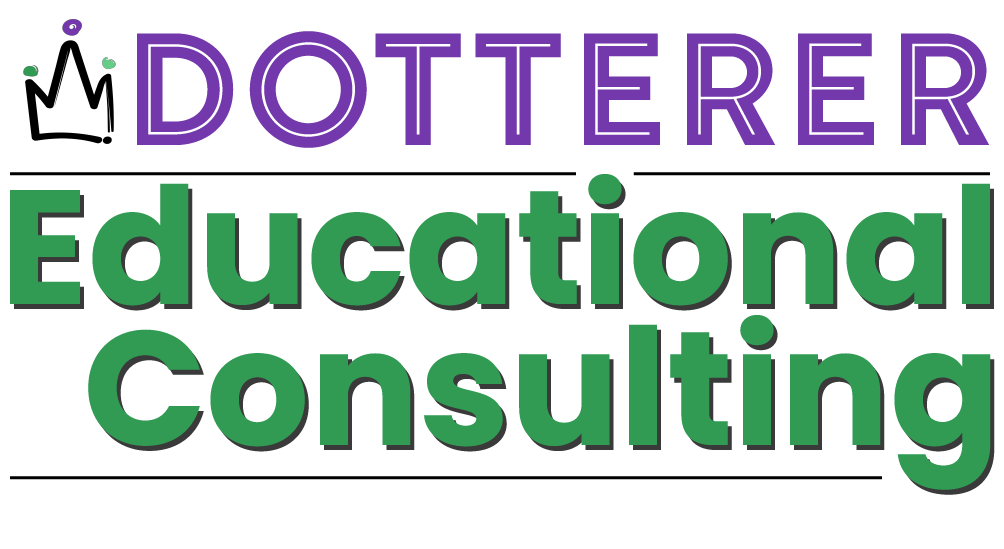I don’t know about you, but I can forget what I have said when it leaves my mouth. Oh boy, this trait can be great sometimes. But, other times, it can put a sour taste in one’s mouth. Unfortunately, this is a common experience for people with dysgraphia.
Several years ago, I worked with a student who could recite everything you read to her verbatim. I mean, she could regurgitate chapters of a story. Yet, if you asked her anything about the story, she stared at you like a deer in headlights.
This phenomenon is called echolalia. It is defined as rote repetition of speech. It is common and developmentally appropriate in toddlers. They repeat phrases and snippets of conversations they have had with others. Naturally, it helps toddlers and preschoolers learn social norms and customs.
My student, Alex, her ability to recall was extensive. She rarely changed the tone of her voice. There are three types of echolalia: immediate, delayed, and mitigated.
Immediate echolalia is what I was describing above. Alex could recite immediately. Delayed, or scripted, echolalia includes lines from previously used auditory stimuli such as TV show lines. Finally, mitigated echolalia is when the student repeats the speech with all intonation as the initial reading.
Teachers and therapists use this form of speech to help students with profound and severe autism learn to respond to simple communication. However, my student Alex could have a logical conversation. When I met her, she was in fourth grade. Her mom thought this was fantastic that she could memorize so quickly.
Also, Alex could not read the book herself and respond the same way. She could read words but had no concept of sentences on paper. The most frustrating for this mom was that Alex could not answer any questions about the material when read to her.
Whereas, she could interpret every detail about what would happen next in her video game. She knew that if you went this way, there was danger or that way, and she would win a reward.
In short, Alex had little to no reading comprehension skills. Alex could verbally recite but could not interpret and manipulate what she heard in her brain to use the knowledge to articulate an answer to a question. For her, it was impossible to self-generate a response to any question. Her disability prevented her from effective oral and written communication for school tasks.
The video game provided her with visual, auditory, and kinesthetic feedback to engage in the experience. Alex could interpret the story when this component was added to her schoolwork. She discovered the main character and support data. She even predicted what would happen next.
Reading comprehension is the skill of interpreting what is read to find a new meaning. Although Alex was now able to experience her story, she was still incapable of reading text, interpreting it, and providing the output without the experiential component.
Without reading comprehension, there is no way Alex can write her answers. So one of my go-to tools is my phone. When working with a student who can talk through but has trouble getting answers on paper, I record and playback the conversation on my phone.
Reading comprehension can be camouflaged by other sensory-motor components. Visual-perceptual, visual motor, and memory issues are contributing to Alex’s learning disability.
Talk with your reading specialist to discover ways to support students with reading comprehension issues. Although not all comprehension issues are as involved as my student, reading comprehension remains a barrier to effective written communication. Other than record and playback, what tools are in your arsenal to support students with reading comprehension issues? Please share in the comments.
Begin your journey towards understanding dysgraphia, and how it relates to reading comprehension today. Sign up for the Dotterer Dysgraphia Webinar.
Fox, Amber. (2019, January 19). Echolalia: The facts beyond “parrot talk,” scripting, and echoing. Bismarck, ND: Red Door Pediatric Therapy Retrieved from https://reddoorpediatric.com/blog/echolalia-the-facts-beyond-parrot-talk-scripting-and-echoing/

